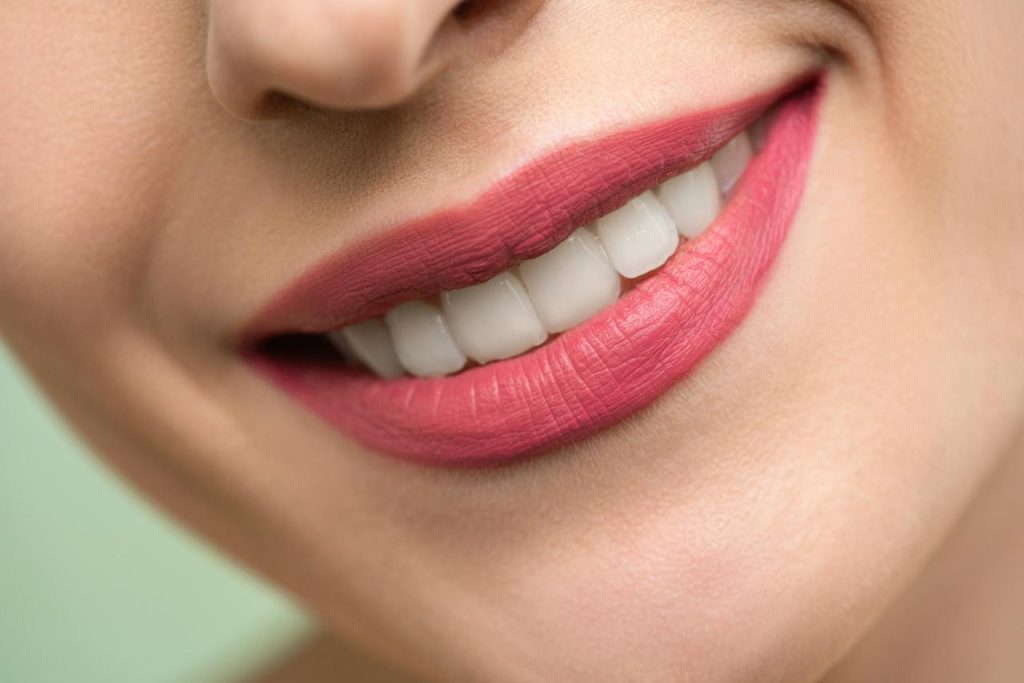
Dental hygiene practices play a crucial role in maintaining optimal oral health and preventing various dental issues.
Here’s a detailed overview of dental hygiene practices:
Brushing Techniques
- Frequency: Brush teeth at least twice a day, preferably in the morning and before bedtime.
- Duration: Brush for a minimum of two minutes to ensure thorough cleaning.
- Type of Toothbrush: Choose a soft-bristled toothbrush to avoid enamel damage and gum irritation.
- Technique: Use gentle, circular motions to clean all tooth surfaces, including the outer, inner, and chewing surfaces.
Flossing
- Frequency: Floss once a day to remove plaque and debris from between teeth.
- Technique: Use a gentle sawing motion to ease the floss between teeth, forming a ‘C’ shape around each tooth to clean along the sides.
- Types of Floss: Choose dental floss or interdental brushes based on personal preference and comfort.
Mouthwash
- Antibacterial Properties: Consider using an antibacterial mouthwash to help reduce bacteria and fight bad breath.
- Alcohol-Free Options: Opt for alcohol-free mouthwash to avoid drying out the mouth, which can contribute to oral health issues.
Tongue Cleaning
- Tongue Scraper: Use a tongue scraper to remove bacteria and debris from the tongue’s surface, helping to prevent bad breath.
- Toothbrush Usage: Some toothbrushes have a tongue-cleaning feature on the back of the brush head.
Proper Nutrition
- Balanced Diet: Consume a diet rich in fruits, vegetables, whole grains, and lean proteins for overall health, including oral health.
- Limit Sugary Foods: Minimize the intake of sugary snacks and beverages, as they contribute to tooth decay.
Regular Dental Check-ups
- Frequency: Visit the dentist for regular check-ups and cleanings at least twice a year.
- Early Detection: Regular dental visits allow for the early detection and prevention of dental issues.
Bruxism Management
- Night Guards: If diagnosed with bruxism (teeth grinding), consider using a night guard to protect teeth from damage.
- Stress Management: Address stress, a common cause of bruxism, through relaxation techniques.
Hydration and Saliva Production
- Water Intake: Stay hydrated to promote saliva production, which helps neutralize acids and maintain a healthy oral environment.
Smoking Cessation
- Oral Health Risks: Quit smoking to reduce the risk of gum disease, tooth loss, and oral cancer.
Education and Awareness
- Patient Education: Stay informed about proper dental hygiene through dental professionals, reputable sources, and educational materials.
- Awareness of Changes: Be vigilant about any changes in oral health and seek professional advice if issues arise.
Adhering to these dental hygiene practices fosters a foundation for a healthy and vibrant smile while preventing common oral health problems.
Regularity and consistency in these habits contribute significantly to long-term oral well-being.
Impact of Diet on Oral Health
Sugar and Tooth Decay
- Fermentation by Bacteria: Sugars from food and beverages are fermented by oral bacteria, producing acid that erodes tooth enamel.
- Caries Formation: Frequent consumption of sugary snacks and drinks increases the risk of cavities and tooth decay.
Acidic Foods and Erosion
- Enamel Erosion: Acidic foods and beverages, such as citrus fruits and sodas, can erode tooth enamel over time.
- Sensitivity and Discoloration: Eroded enamel can lead to tooth sensitivity and discoloration.
Calcium and Phosphorus for Tooth Strength
- Dairy Products: Calcium-rich foods like milk, cheese, and yogurt contribute to tooth strength and remineralization.
- Phosphorus: Phosphorus, found in meat, eggs, and nuts, also supports tooth mineralization.
Vitamins and Minerals
- Vitamin D: Essential for the absorption of calcium and phosphorus, promoting overall oral health.
- Vitamin C: Supports gum health, helping to prevent conditions like scurvy and promoting collagen formation.
Hydration and Saliva Production
- Water Intake: Staying hydrated promotes saliva production, which helps neutralize acids, cleanse the mouth, and remineralize enamel.
Fiber for Gum Health
- Fruits and Vegetables: High-fiber foods like fruits and vegetables stimulate saliva flow, promoting healthy gums and preventing constipation, which can affect oral health.
Antioxidants and Inflammation
- Green Tea: Contains antioxidants that may help reduce inflammation and fight bacteria in the mouth.
- Berries: Rich in antioxidants, berries can contribute to overall gum health.
Crunchy Foods and Mechanical Cleaning
- Raw Vegetables and Nuts: Crunchy, fibrous foods can act as natural toothbrushes, helping clean teeth and stimulate gums.
Avoiding Sticky and Starchy Foods
- Starchy Foods: Foods like chips and crackers can stick to teeth, providing a breeding ground for bacteria.
- Caramel and Taffy: Sticky candies can be particularly harmful, as they adhere to teeth, promoting decay.
Alcohol and Tobacco
Oral Cancer Risks: Excessive alcohol and tobacco use increases the risk of oral cancer.
Dry Mouth: Alcohol can contribute to dry mouth, reducing saliva flow and increasing the risk of cavities.
Foods that Promote Healthy Teeth and Gums
Calcium-Rich Foods
- Dairy Products: Milk, cheese, and yoghurt provide essential calcium for tooth strength and remineralization.
Crunchy Fruits and Vegetables
- Apples and Carrots: Act as natural abrasives, helping to clean teeth and stimulate gums.
Leafy Greens
- Spinach and Kale: High in vitamins and minerals, supporting overall oral health.
Lean Proteins
- Chicken, Fish, and Nuts: Provide phosphorus for tooth mineralization and support gum health.
Citrus Fruits in Moderation
- Oranges and Berries: Rich in vitamin C, but consume in moderation to avoid acid erosion.
Green Tea
- Antioxidants: Contains antioxidants that may help reduce inflammation and fight bacteria in the mouth.
Water
- Hydration: Promotes saliva production, maintaining a healthy oral environment.
Sugar-Free Gum
- Stimulates Saliva: Chewing sugar-free gum can stimulate saliva flow, helping to cleanse the mouth.
Cheese
- Calcium and Phosphorus: Supports tooth strength and mineralization.
Cranberries
- Preventing Plaque Formation: Compounds in cranberries may help prevent bacteria from sticking to teeth, reducing plaque formation.
Maintaining a balanced diet rich in essential nutrients, while minimizing sugary and acidic foods, is pivotal for promoting healthy teeth and gums.
Consistent oral hygiene practices combined with a tooth-friendly diet contribute to overall oral well-being.